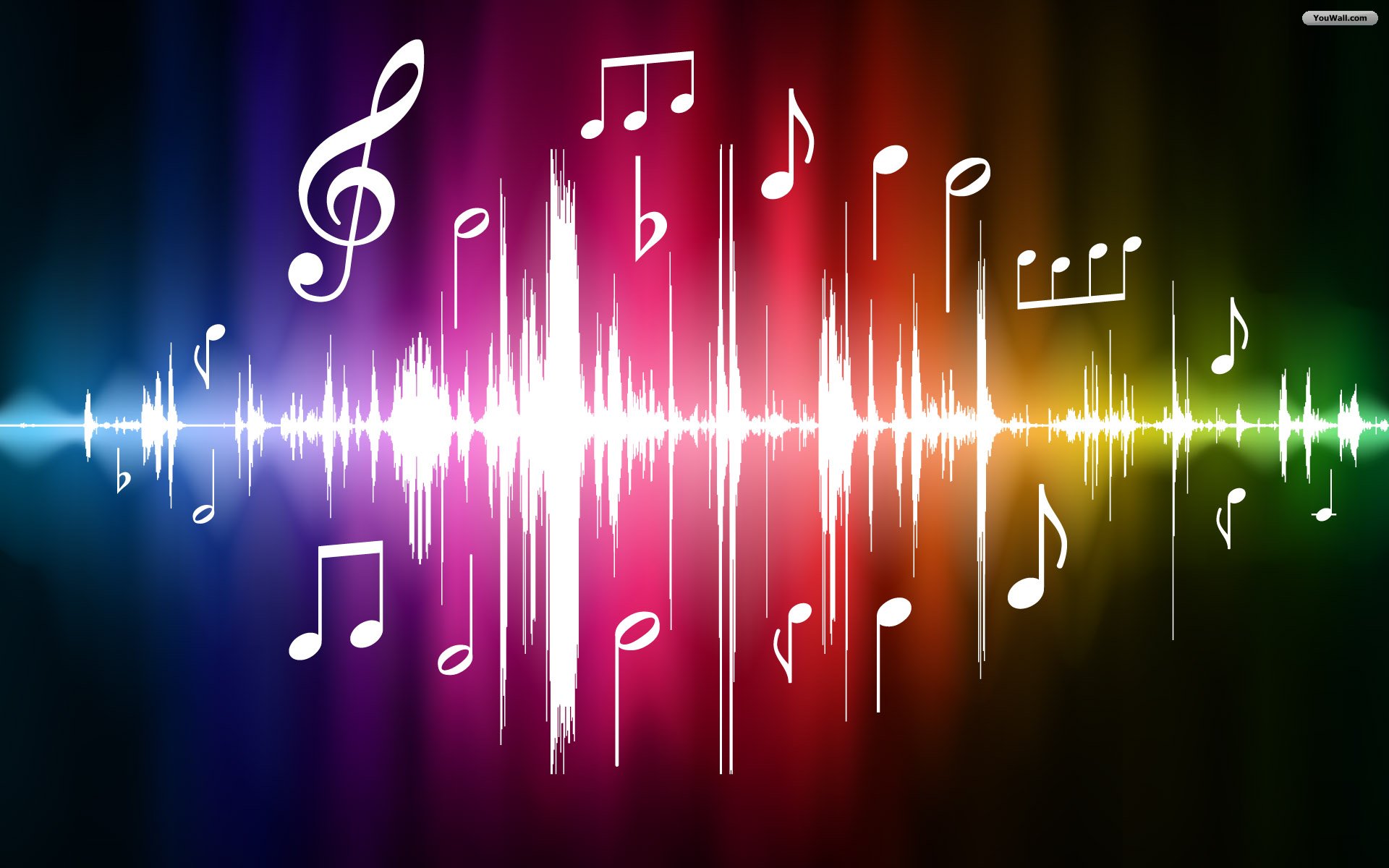The Impact of Songs on Feelings and Psychological Health
In the realm of psychology and health, the extensive impact of music on emotions and psychological health has long been a topic of passion and study. The detailed connection in between the tunes we listen to and the feelings we really feel is a complex interplay that researchers and professionals have actually been discovering for years. From affecting state of mind to working as a powerful tool for tension administration, music's function fit psychological health is multifaceted and deserving of further exploration. As we navigate the nuances of how music links with our psychological landscape and psychological wellness, a much deeper understanding of its possible to boost, relieve, or prompt believed emerges, inviting us to contemplate the significance of this universal language in our day-to-days live.
Influence of Songs on Mood

Research study has shown that music can modulate state of mind by turning on neural paths connected with emotions in the brain. Understanding how music affects state of mind can have considerable effects for making use of songs as a restorative tool for emotional regulation and psychological wellness.
Connection Between Songs and Stress And Anxiety
The interaction between musical stimulations and the human feedback to anxiety has been a subject of expanding passion in the fields of psychology and neuroscience (MUSIC). Music has actually shown remarkable possibility in mitigating stress and anxiety levels and promoting leisure. Research studies have shown that paying attention to music can bring about physical changes in the body, such as lowered heart price, lower high blood pressure, and reduced levels of cortisol - a hormonal agent connected with stress
The link in between music and tension alleviation is assumed to be closely connected to the influence of music on the limbic system, which plays an essential function in feelings and stress responses. Furthermore, individual songs choices can additionally affect the stress-reducing results of songs, highlighting the importance of individualized techniques when utilizing songs as a stress and anxiety management tool.
Music as a Restorative Tool

Research has actually shown that songs therapy can substantially decrease anxiousness, depression, and persistent pain. Music has the capacity to evoke memories, boost positive feelings, and provide a sense of convenience and relaxation.
Impact of Songs on Mental Health

Songs has actually been discovered to have extensive results on psychological health and wellness by influencing state of mind, lowering stress and anxiety, and boosting general well-being. In addition, songs therapy, an organized use of music to boost mental health end results, has been revealed to be valuable for people with various psychological health problems, including post-traumatic stress condition (PTSD), schizophrenia, and dementia. On the whole, the influence of songs on mental wellness is an appealing location of research study that supplies prospective healing benefits for people dealing with numerous mental wellness challenges.
Ways to Integrate Songs for Wellness
An efficient method to enhance well-being via songs is by incorporating visit site tailored playlists customized to private preferences and moods. Songs has the power to evoke emotions and affect our frame of mind, making it a useful tool for promoting health. One method to integrate music for health is by producing playlists that resonate with details feelings or goals. As an example, producing a playlist of upbeat tracks for a morning boost or kicking back melodies for stress alleviation can be useful.
One more way to use songs for wellness is through active listening. Taking the time to genuinely engage with visit this site right here the music, concentrating on the lyrics, tools, and overall structure, can grow the emotional link and amplify the restorative results. This mindful technique to listening can help people procedure emotions, minimize anxiousness, and improve general psychological health.
Furthermore, participating in real-time music events or performances can additionally contribute to wellness by supplying a feeling of pleasure, connection, and community. Being part of a shared musical experience can boost spirits, promote a feeling of belonging, and develop long-term memories that favorably impact mental well-being.
Conclusion
In final thought, music has a significant influence on feelings and mental well-being. It is important to identify the power of songs in promoting emotional equilibrium and psychological clearness.
The relationship in between songs and mood is intricate, with numerous components of songs such as tempo, pitch, and setting playing vital functions in eliciting psychological actions. Comprehending how songs influences mood can have substantial implications for making use of songs as a therapeutic device for emotional law and psychological well-being.
The link between songs and tension alleviation is believed to be closely linked to the impact of songs on the limbic system, which plays an essential duty in feelings and stress and anxiety actions. Additionally, individual music preferences can also influence the stress-reducing effects of music, highlighting the relevance of personalized strategies when utilizing songs as a stress monitoring tool. In addition, music treatment, an organized use of songs to improve psychological health results, has actually been shown to be valuable for individuals with numerous mental health and wellness problems, including post-traumatic tension problem (PTSD), schizophrenia, and dementia.
Comments on “Embrace Healing Feelings: The Ultimate Recovery Music Experience”